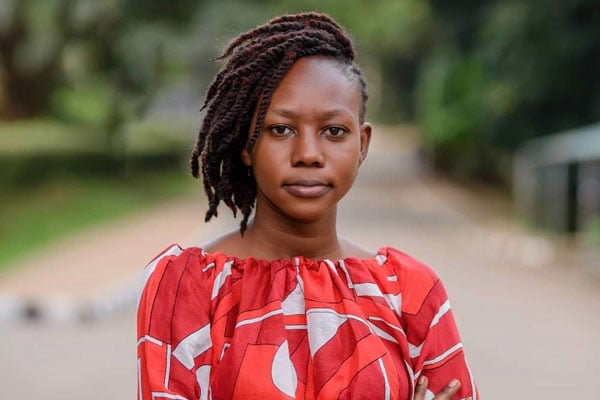Prime
Makerere gets Shs1.6b govt boost for protozoa research training

The training participants pose for a group photo in Kampala on July 24, 2023. PHOTO/LYDIA FELLY AKULLU
What you need to know:
- According to Dr Claire Mack Mugasa,who doubles as the principal investigator of the project and the dean School of Biosecurity, Biotechnology and Laboratory Sciences at the college, the government funding was channeled through the Secretariat of Technology and Innovation at the President’s office.
Government has given Makerere University’s College of Veterinary Medicine, Animal Resources and Biosecurity Shs1.6 billion to facilitate science research in human capital development.
According to Dr Claire Mack Mugasa,who doubles as the principal investigator of the project and the dean School of Biosecurity, Biotechnology and Laboratory Sciences at the college, the government funding was channeled through the Secretariat of Technology and Innovation at the President’s office.
“And it has been extended to us competitively through the college of veterinary medicine. It is around Shs1.6 billion for the first phase. So in this project, our main aim is to grow human capacity that is going to be well aligned with the goal of STI (Science, Technology and Information) for the STI agenda which is driving Uganda into industrialization,” she said.
The project dubbed ‘Developing a national network of science technology and information excellence as foundry for accelerating transformative STI human capital development in Uganda’, according to Dr Mugasa will help them create a body that brings together science researchers and innovators to work as one.
“Currently, we have a number of scientists working but they are working in silos. They are working each on their own separately and many times they don’t speak to each other in their production line but with this we want to make sure that the scientists wherever they are in their various areas have specialized skills, techniques, knowledge that is going to be very key in the industrialization to grow them along the value chain of STI,” she added.
The one-year project is subject to extension depending on how it performs.
“Currently we have started with 15 protozoa scientists so those are the ones and these are being trained by a number of mentors and more senior researchers and these ones we call them prototype and once it has worked well, we should be able to bring more on board,” Dr Mugasa explained.
Herbalists will be embedded in project as special group of scientists.
“We are speaking to people who make concoctions using natural products like Covilyce and Covidex,” she added.
superintendent, Science, Technology and Innovation, Dr Cosmas Mwikirize in the Office of the President said science and innovation requires a lot of funding.
The Principal College of Veterinary Medicine, Animal Resources and Biosecurity, Makerere University, Prof Frank Norbert Mwine lauded the project runners and pledged his full support to the team.





